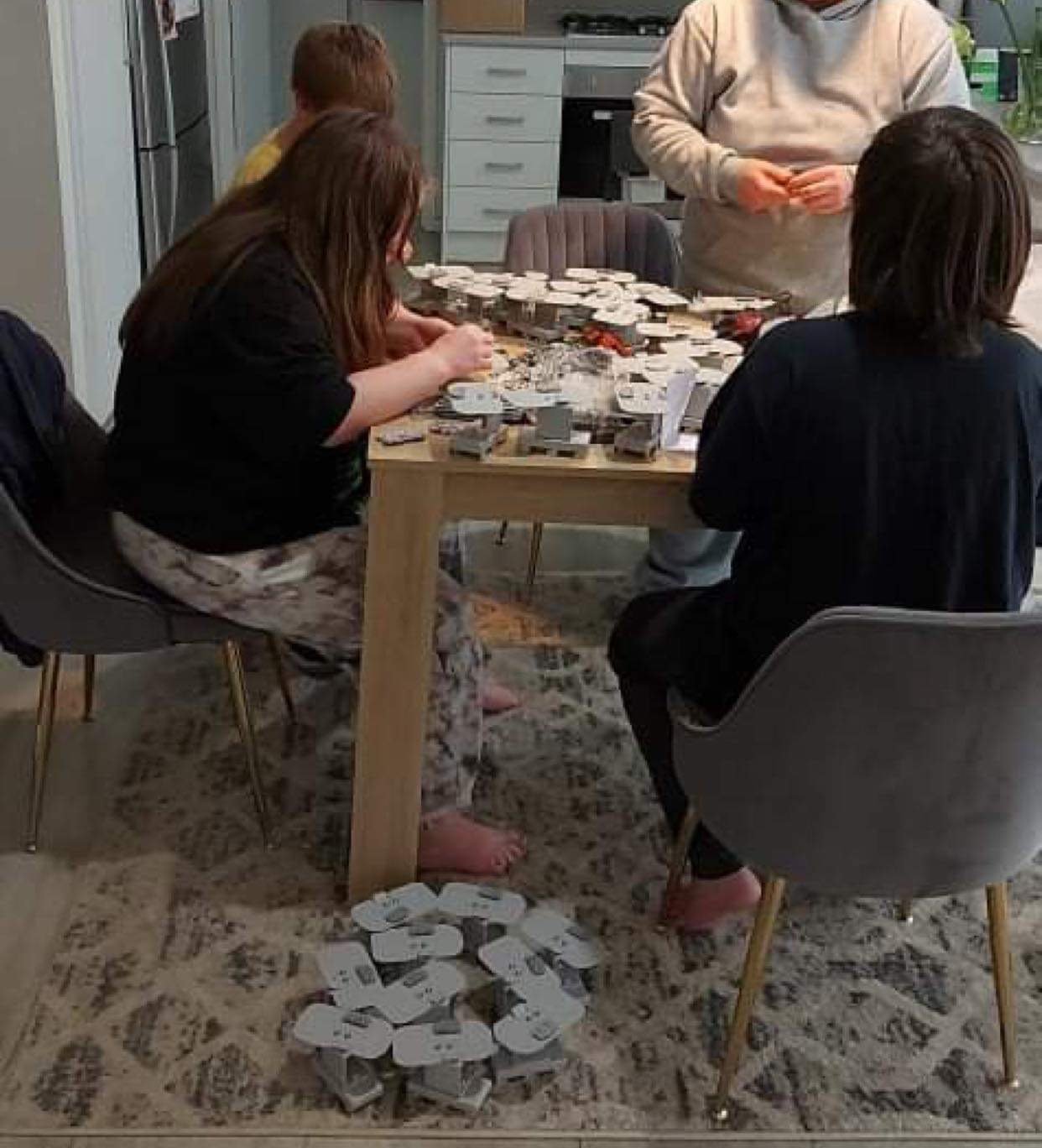At-Home Toolholder Assembly Program
Lockdown was tough for everyone, but we recognised that were were lucky at Integra due to the continuity of our work. For those in the local community who weren’t so lucky and may have lost their income and/or sense of purpose, we found a way to help them through these difficult times: an at-home program for assembling toolholder kits.
The program idea came from our Director of Innovation, Russell Hughes, who adapted it from a traditional German cottage industry model used by the cuckoo clock trade.
In the Black Forest region of Germany, the villagers would get snowed in during the winter time so, to combat this issue, families focused on specific parts of cuckoo clock production, such as woodcarving, so they could generate an income during their isolation across the colder months.
The Integra at-home program worked in a similar way to the cuckoo clock contemporaries in Germany. We created kits at our facility in Melbourne’s North and then sent these kits out to members of the community – families, students without work, single people, anyone who put up their hand for it – who then assembled these kits into toolholders from their lounge rooms, garages or kitchen tables.
Georgia Hughes and Nick Hardy, part of the team at Integra Systems, were in charge of running this at-home program, packing their cars to the brim daily to deliver kits directly to the doors of workers as quickly in the morning as possible. Each kit came as a set of components – screws, grub screws, final bags, final boxes, tools and parts ready to be assembled – equating to 200 toolholders per kit. Workers were paid per toolholder so, the more kits they got through, the more money they made.
The completed toolholders then went out to Integra’s client where they were distributed to major retail centres for tool merchandising displays.
“Providing kits to homeworkers in exchange for earning money was not a new initiative at Integra Systems,” explains Paul Hughes. “The programs have had varying levels of success in the past but, with COVID and more people than ever working from home, or stood down from work, this initiative worked extremely well.”
“The idea was to provide workers with a continuous supply of toolholder kits and incentivise the workers to make the toolholders by paying them for their hard work,” Paul continues. “To run effectively, the program involved simple processes that required few specialty tools. When the toolholders were picked up and kits dropped off regularly, we found that the home workers felt highly valued; that they were doing something productive and contributing to the supply chain.”
The Integra at-home toolholder kit program ran from August to December 2021, with a total of 18 families assembling toolholders on a regular basis. Workers clocked up over 750 hours’ worth of work and assembled 25,000 toolholders over the four-month period!
Paul Hughes explains, “We had a family of workers – the Cleeve family. They decided not to keep the cash themselves but, instead, were a great example of paying it forward at a time when people were doing it tough. They used the money they earnt to purchase coffee cards for the frontline workers at the Austin Hospital.”
“People joined this program for so many reasons, whether it was to take some pressure off themselves or to help others. Either way, it was a win-win situation for everyone involved, including us here at Integra Systems.”


